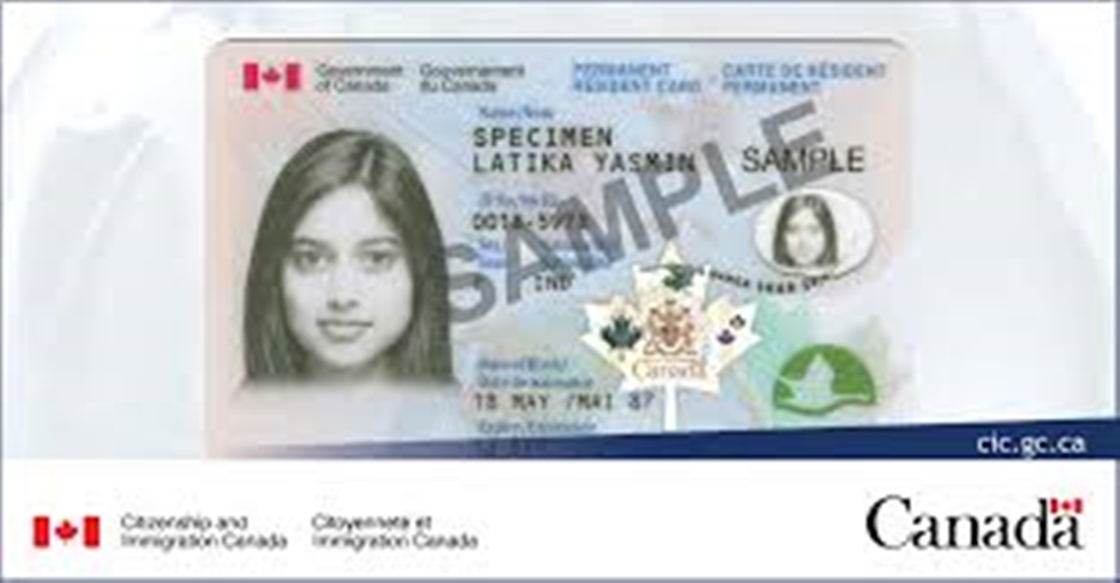This section contains policy, procedures and guidance used by IRCC staff. It is posted on the department’s website as a courtesy to stakeholders.
Officers should be satisfied that a genuine relationship exists. A spousal relationship or common-law partnership that is not genuine or that was entered into primarily for the purpose of acquiring any status or privilege will be refused (R4). Similarly, under R4.1, the dissolution of a relationship between two persons to acquire any status or privilege under the Act and its subsequent resumption will result in the relationship being excluded. This means that the foreign national will not be considered a spouse, common-law partner or conjugal partner under the Regulations. R4.1 applies whether the person who seeks to acquire status or privilege through a bad faith relationship is the sponsor, the foreign national being sponsored or a third-party foreign national.
Officers should examine the documents submitted as proof of the relationship to ensure that they are not fraudulent.
Officers must also assess the relationship between the applicant and any dependent children to establish proof of parentage and dependency.
On this page
- Evidence of relationships
- Assessing for relationship of convenience
- Same-sex marriages
Evidence of relationships
The application kit requires that applicants submit certain documents as proof of the relationship. In the case of applicants in the spouse or common-law partner in Canada class, officers must also be satisfied that the applicant is living with the sponsor in Canada.
Type of evidence that is acceptable
| Relationship |
Evidence |
| Spouse |
Documentary evidence should include:
- a completed Relationship Information and Sponsorship Evaluation questionnaire (IMM 5532) (included in the application package)
- a marriage certificate
- proof of registration of marriage with a government (local, provincial, state or country) authority
- proof of divorce if either the applicant or spouse was previously married
- if the principal applicant and sponsor have children in common, long-form birth certificates or adoption records listing the names of both parents
- wedding invitations and photos
- a sponsor and principal applicant are expected to provide items from at least two of the following sets of documents. If they are unable to provide documents from a minimum of two of the following sets of documents, a detailed written explanation must be provided:
- proof of joint ownership of residential property.
- rental agreement showing both the sponsor and principal applicant as occupants of a rental property
- proof of joint utility accounts (e.g. electricity, gas, telephone, internet), joint credit card accounts, or joint bank accounts
- vehicle insurance showing that both the principal applicant and sponsor have been declared to the insurance company as residents of the insured’s address
- copies of government issued documents for the principal applicant and sponsor showing the same address (e.g.: driver’s licenses)
- other documents issued to the principal applicant and sponsor showing the same address, whether the accounts are held jointly or not (e.g. cell phone bills, pay stubs, tax forms, bank or credit card statements, insurance policies)
|
| Common-law partner |
In the case of a common-law partner, documentary evidence should include:
- a completed Relationship Information and Sponsorship Evaluation questionnaire (IMM 5532) (included in the application package)
- proof of separation from a former spouse if either the sponsor or the applicant were previously married
- a completed Statutory Declaration of Severance of Common-law Union form (IMM 5519) if either the sponsor or the applicant were previously in a common-law relationship with someone else
- if the principal applicant and sponsor have children in common, long-form birth certificates or adoption records listing the names of both parents
- photos of the sponsor and principal applicant showing they are in a conjugal relationship
- at least two of the following sets of documents. If the sponsor and principal applicant are unable to provide documents from a minimum of two of the following sets of documents, a detailed written explanation must be provided:
- important documents for the principal applicant and sponsor showing they are recognized as each other’s common-law partner (such as employment or insurance benefits)
- documentary evidence of financial support between the principal applicant and sponsor, and/or shared expenses
- other proof that the relationship is recognized by friends and/or family (e.g. letters from friends/family, social medical information showing a public relationship)
If the sponsor and principal applicant are currently cohabitating, evidence from at least two of the following sets of documents showing that the principal applicant and sponsor have been living together for at least one year (e.g. documents showing the same address for both). If they are unable to provide documents from a minimum of two of the following sets of documents, a detailed written explanation must be provided:
- proof of joint ownership of residential property
- rental agreement showing both the sponsor and principal applicant as occupants of a rental property
- proof of joint utility accounts (e.g. electricity, gas, telephone, Internet), joint credit card accounts, or joint bank accounts
- vehicle insurance showing that both the principal applicant and sponsor have been declared to the insurance company as residents of the insured’s address.
- copies of government-issued documents for the principal applicant and sponsor showing the same address (e.g. driver’s licenses)
- other documents issued to the principal applicant and sponsor showing the same address, whether the accounts are held jointly or not (e.g. cellphone bills, pay stubs, tax forms, bank or credit card statements, insurance policies)
If the sponsor and principal applicant are not currently cohabitating, evidence must be provided that shows the sponsor and principal applicant cohabitated for a minimum of one year in the past, and the following must also be provided:
- proof of contact, including letters, printed text messages, emails or social media conversations, or other documented proof of contact between the principal applicant and sponsor. A maximum of 10 pages should be provided
- proof of the sponsor’s visits, such as airline ticket coupons or used boarding passes, photocopies of pages of passport for your sponsor showing entry-exit stamps supporting visits, etc. If the sponsor did not visit the principal applicant, an explanation must be included in the principal applicant’s IMM 5532 form (Part C, question 4)
|
| Co-habitation |
See “What is co-habition?”
One of the eligibility criteria in R124 is cohabitation with the sponsor in Canada. Documents provided as proof of the relationship should also establish that the spouse or common-law partner and the sponsor are living together. If this is not clear from the evidence available, CPC-M should request further documents or refer to a IRCC for an interview.
Evidence of cohabitation may include:
- joint bank accounts or credit cards
- joint ownership of residential property
- joint residential leases
- joint rental receipts
- joint utilities accounts (electricity, gas, telephone)
- joint management of household expenditures
- evidence of joint purchases, especially for household items
- correspondence addressed to either or both parties at the same address
- important documents of both parties showing the same address, for example, identification documents, driver’s licenses, insurance policies
- shared responsibility for household management, household chores
- children of one or both partners are residing with the couple
- record of telephone calls
Persons who are not cohabiting with their sponsor at the time IRCC seeks to grant permanent residence (persons who have been removed or who have left Canada voluntarily) are not eligible under the Spouse or common-law partner class. They may, however, seek to apply in the family class (overseas), which would require them to submit a new application. |





